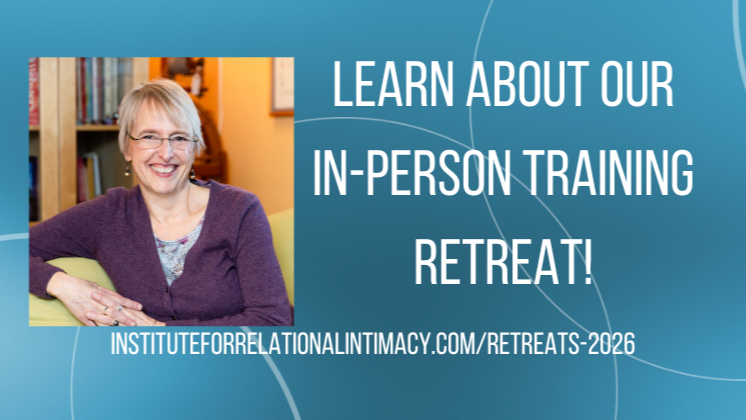The Perspective You Need To Work Effectively With Poly Clients
Jun 26, 2019
There’s one fact you must know in order to work effectively with poly clients.
This is it: poly can and does work. That is, poly relationships can be just as healthy, happy, and fulfilling as monogamous ones.
Monogamous relationships are the norm in our culture. In the media, our families, and in our communities, we see plenty of happy, healthy, successful monogamous relationships. We also see our fair share of unhappy, dysfunctional ones.
As a result, we don’t attribute a monogamous relationship’s success or failure to the fact of it being a monogamous relationship. When we see a floundering monogamous couple, we don’t think “monogamy just doesn’t work.” We attribute the situation, instead, to the people involved and to the circumstances surrounding the relationship.
Yet when a relationship therapist sees a floundering poly relationship—which is pretty likely, given that people only go to relationship therapists when their relationships are in trouble—they may conclude that the problem is poly itself.
That’s the result of not having any counter-examples. Most of us don’t have access to models of successful poly relationships to check our assumptions against—partly because poly is much less common than monogamy and partly because the stigma surrounding poly keeps people in happy, successful poly relationships from speaking openly about their experience. Check out my post Why Many Poly People Don’t Come Out for more on that.
Take it from me: poly can and does work. I’ve seen it in my therapy room, and I’ve seen it in the wild. In fact, in 2014 I conducted a survey of people in poly relationships. I asked them about the duration of their relationships. I found that the average length of relationship was around eight years, and that, for primary relationships, the largest group had relationships that had lasted twelve years or longer. That shows me that poly isn’t an inherently unstable relationship structure, contrary to popular belief. It can be quite durable.
If you approach working with poly relationships with the perspective that they’re inherently flawed, that they can’t last, or that they’re essentially the same as infidelity, you won’t be effective. You might make mistakes, or your clients might sense your inexperience with poly and look for another therapist. More importantly, you will miss opportunities to be challenging in ways that can help people create the lasting connections they desire.
Honest yet compassionate communication, sincere respect and admiration for one another, emotional safety and security, room for growth: the qualities that make a good relationship are not limited to monogamous partnerships. Focus on helping your clients nurture these qualities, and watch them create a stable, poly connection.






